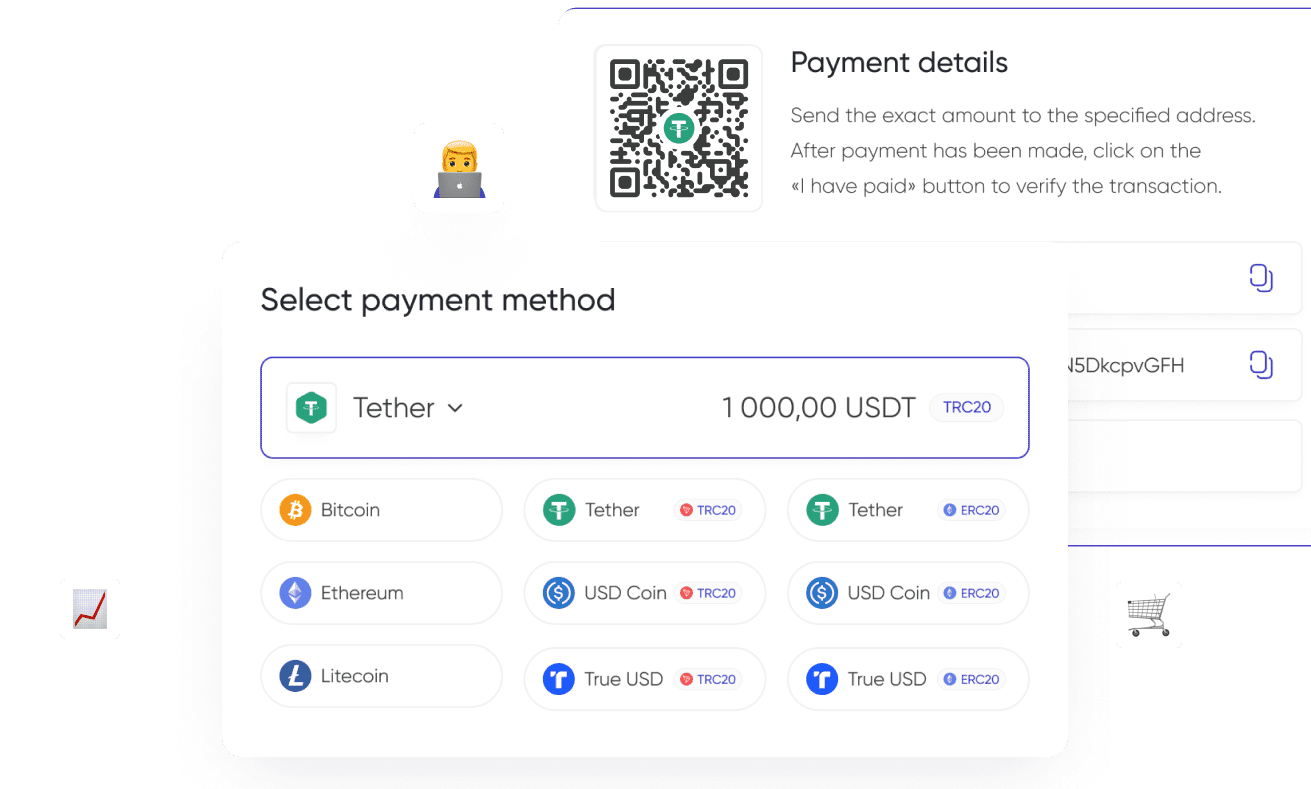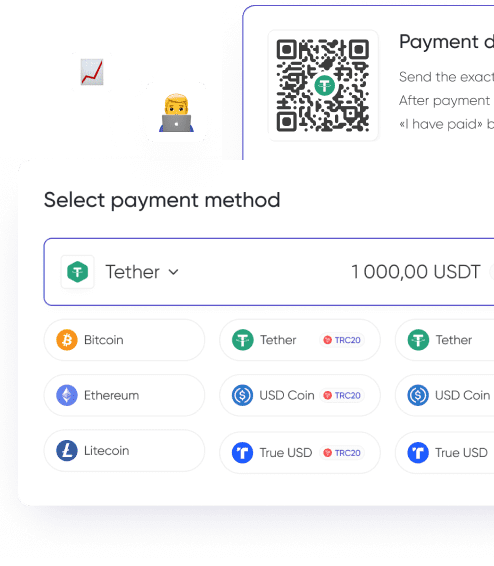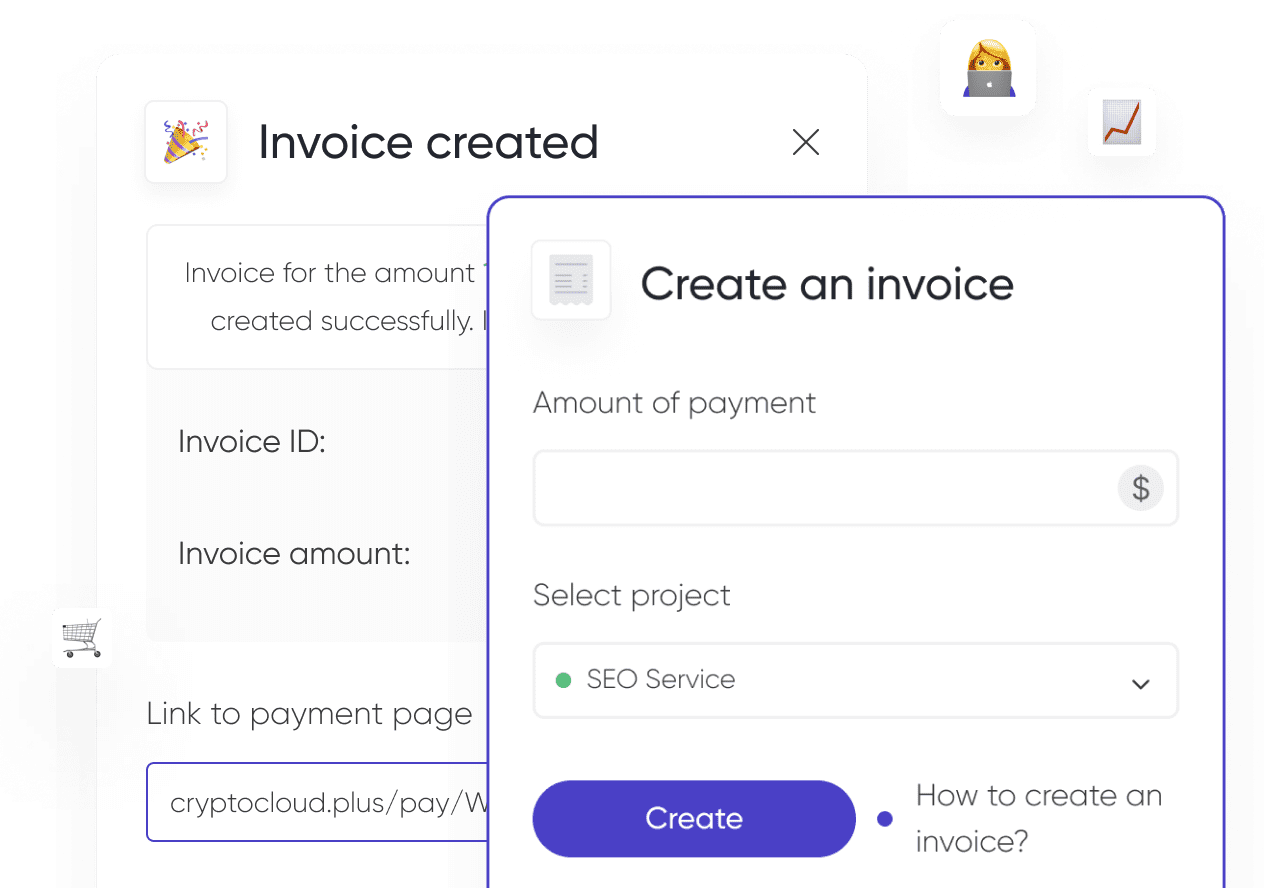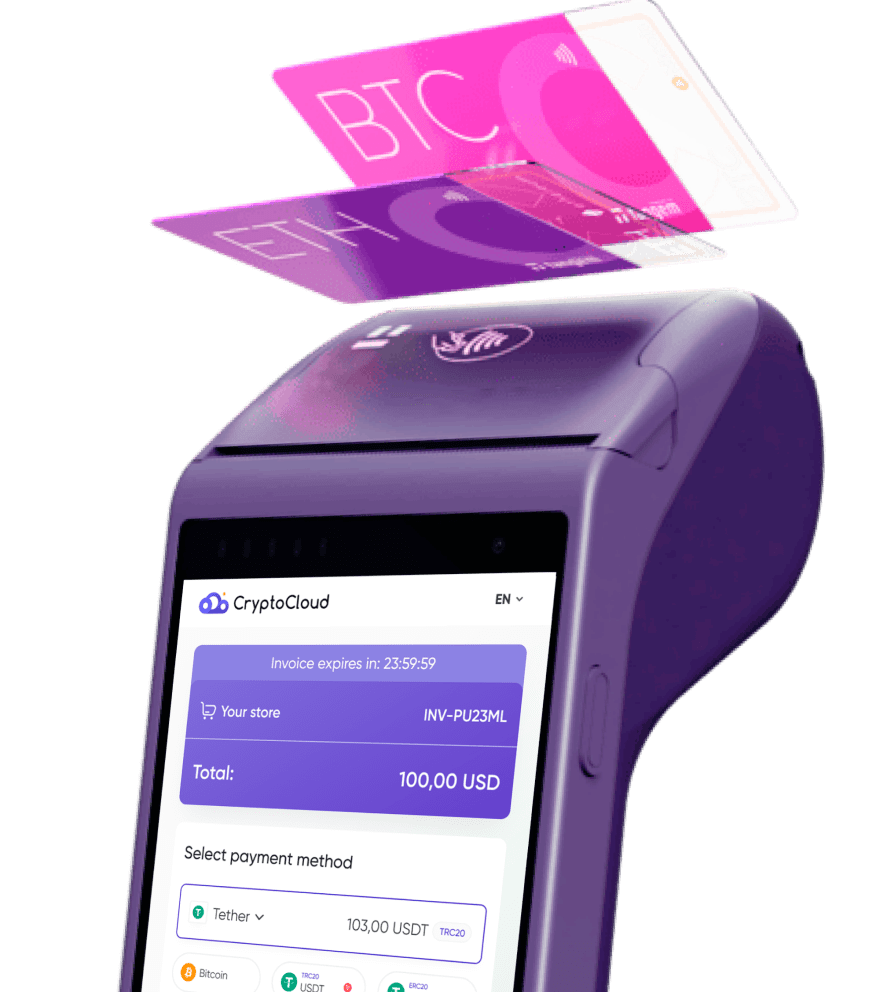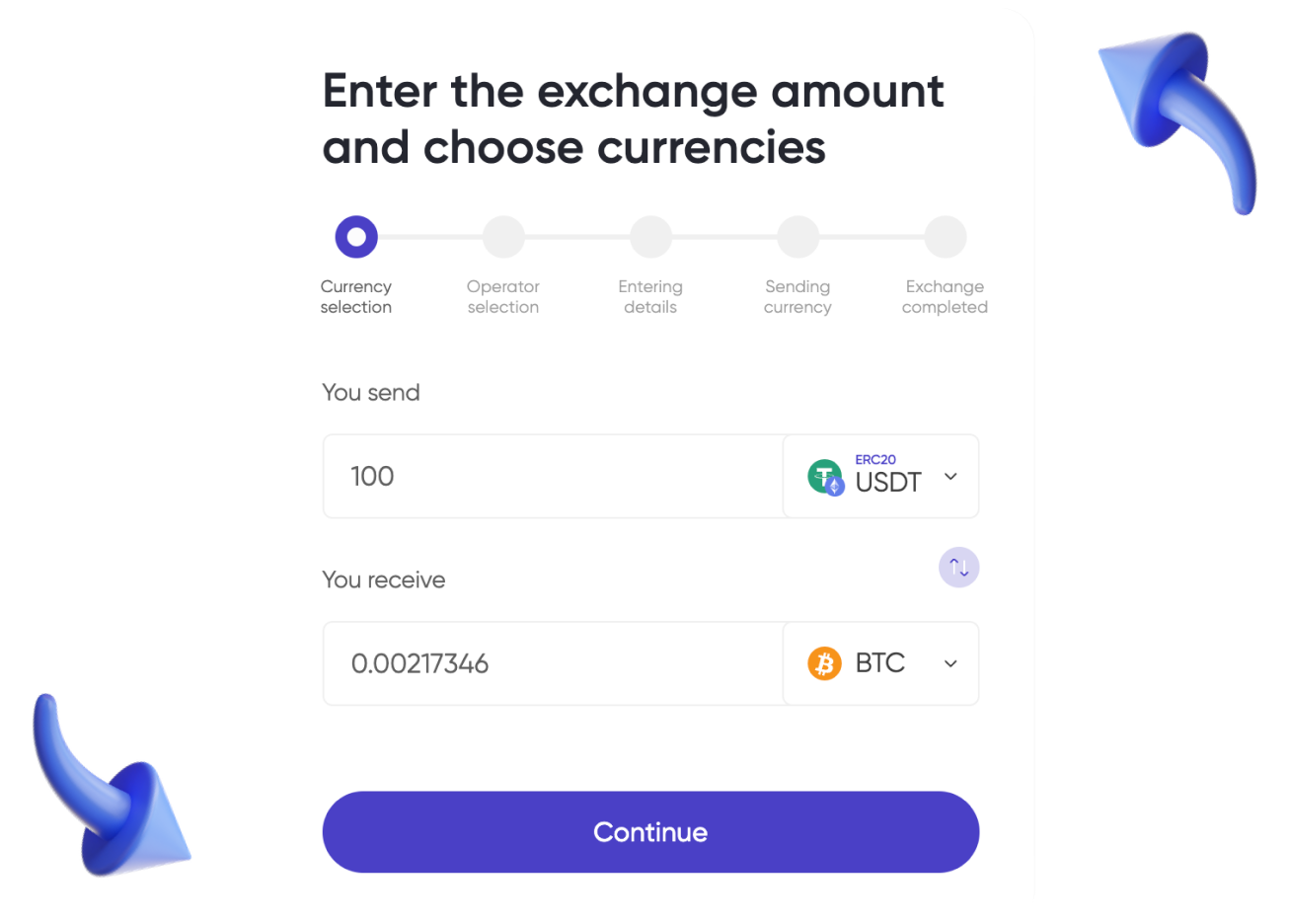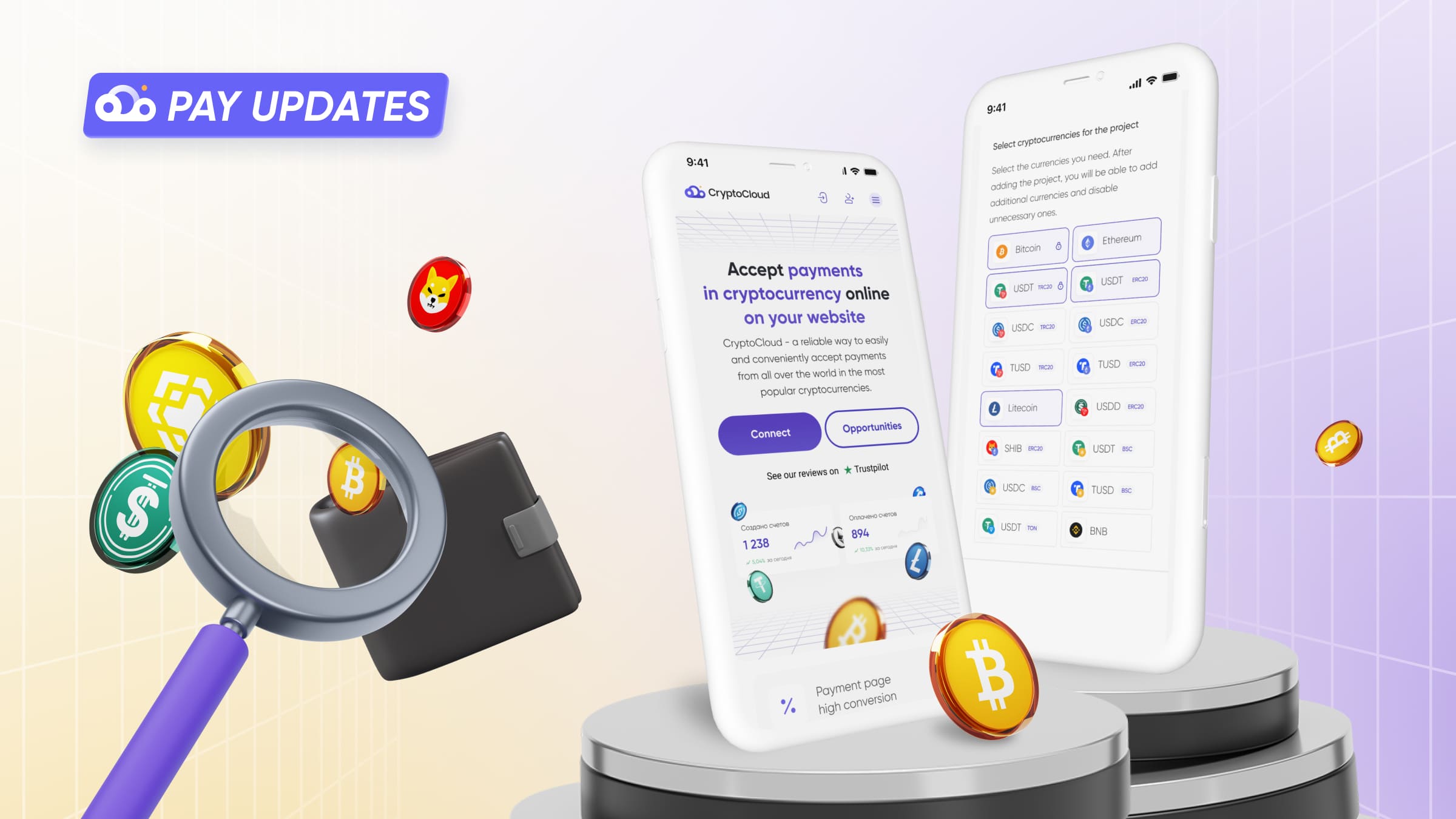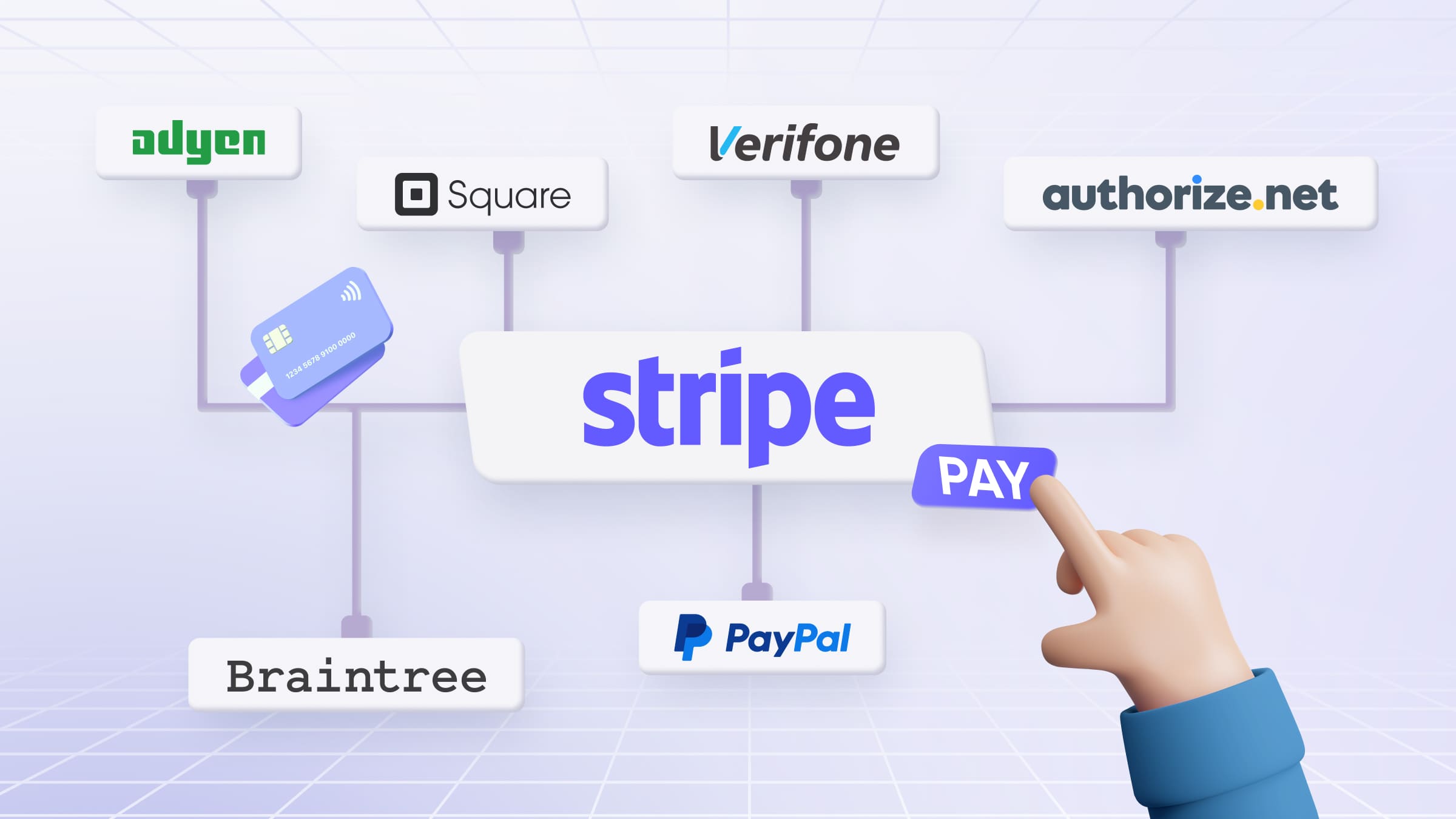Ethereum is the second most popular cryptocurrency after Bitcoin. Its market capitalization as of May 2024 is more than $368 billion — four times more than the capitalization of the third most popular Tether.
Due to the demand for this currency, users have access to a wide variety of wallets to manage Ethereum transactions. We tell you how to choose the right service and also give the top cryptocurrency wallets for 2024.
Ethereum: What You Need to Know
Ethereum (ETH, Ether) is a cryptocurrency (altcoin) first mentioned in 2013. Vitalik Buterin, a Russian-Canadian programmer, proposed the Ethereum protocol. The full-fledged launch occurred two years after the concept appeared — on July 30, 2015.
The protocol's main task is to ensure decentralization, i.e., the absence of unified management of applications and services, and to introduce the blockchain network into third-party projects. According to its concept, the Ethereum network is not so much a payment system as a tool for the realization of smart contracts.
ETH cryptocurrency is a means of exchanging resources at a single rate, which is common to all transaction participants. Decentralization provides a high level of protection from fraudsters, which attracts millions of users to Ethereum.
How to Choose a Suitable Service?
To choose a reliable and convenient wallet for Ethereum, you can be guided by several criteria:
- Method of management. There are two types of cryptocurrency wallets: centralized and decentralized. A third party controls centralized ones. Decentralized wallets are entirely at the owner's disposal, which provides greater freedom of action. However, in case of loss of access, it will be impossible to restore the keys.
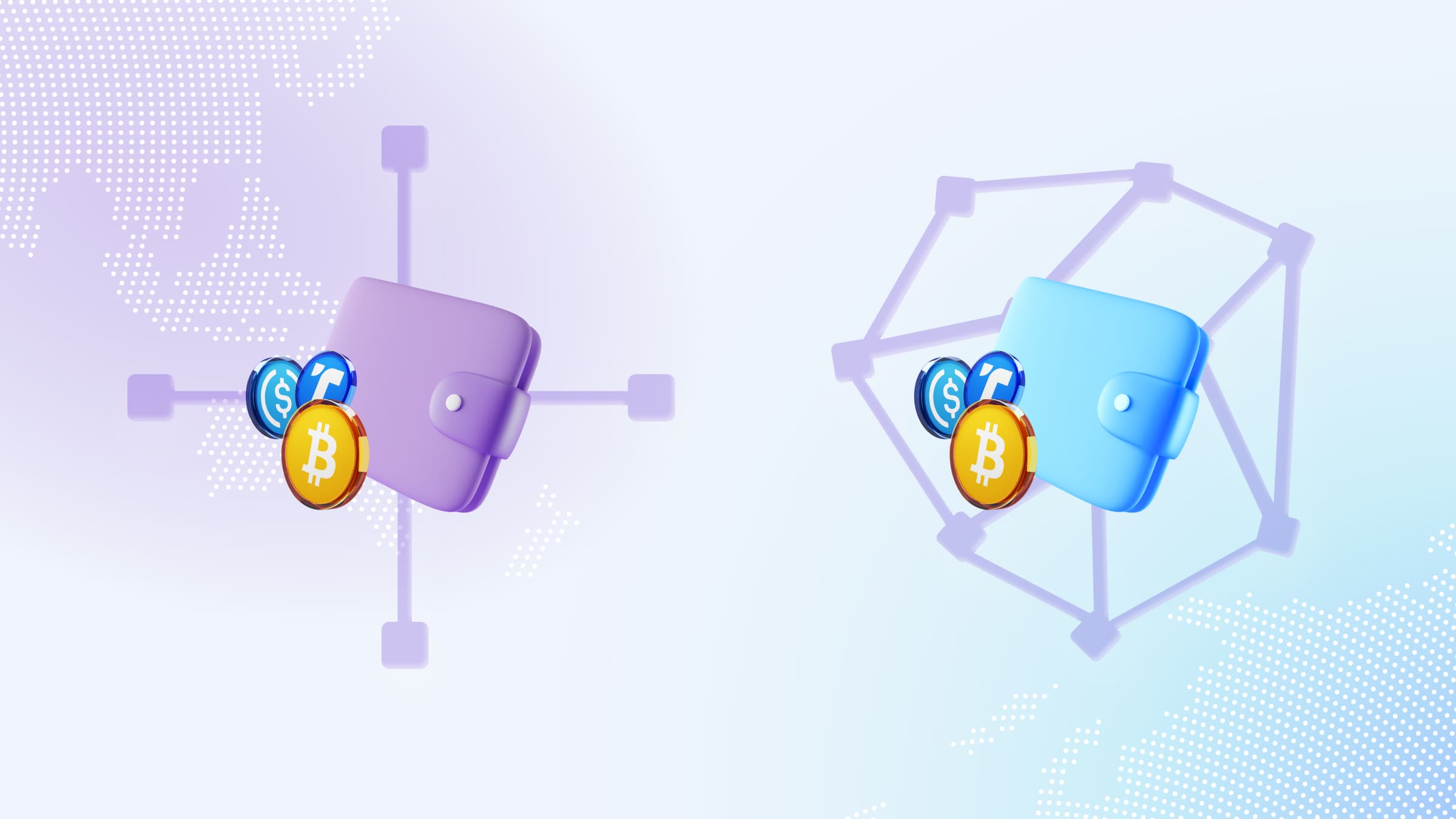
- Way of key usage. Depending on who has access to the private keys, wallets are divided into custodial and non-custodial. In essence, they are similar to centralized and decentralized: only the owner has access to the non-custodial wallet, while the private keys for the custodial wallet are stored by a third party.
- Storage location. An electronic cryptocurrency wallet can be available online, as a mobile application or stored on a hard disk. The latter is the most secure option due to the lack of constant access to the network. Mobile and online wallets are more convenient to use, but less secure.
- Storage method. There are paper and hardware wallets. A paper one is a document that contains the address and key. Storing this information on paper ensures that it is inaccessible to hackers. In the case of a hardware wallet, the keys are stored on a secure device that works offline.
- Method of connection. Wallets are divided into hot (online) and cold (offline). Storing funds offline is a safer option but less convenient for crypto transactions. Online wallets are more convenient but also more vulnerable to hacker attacks, so it is not recommended to store large sums on them.
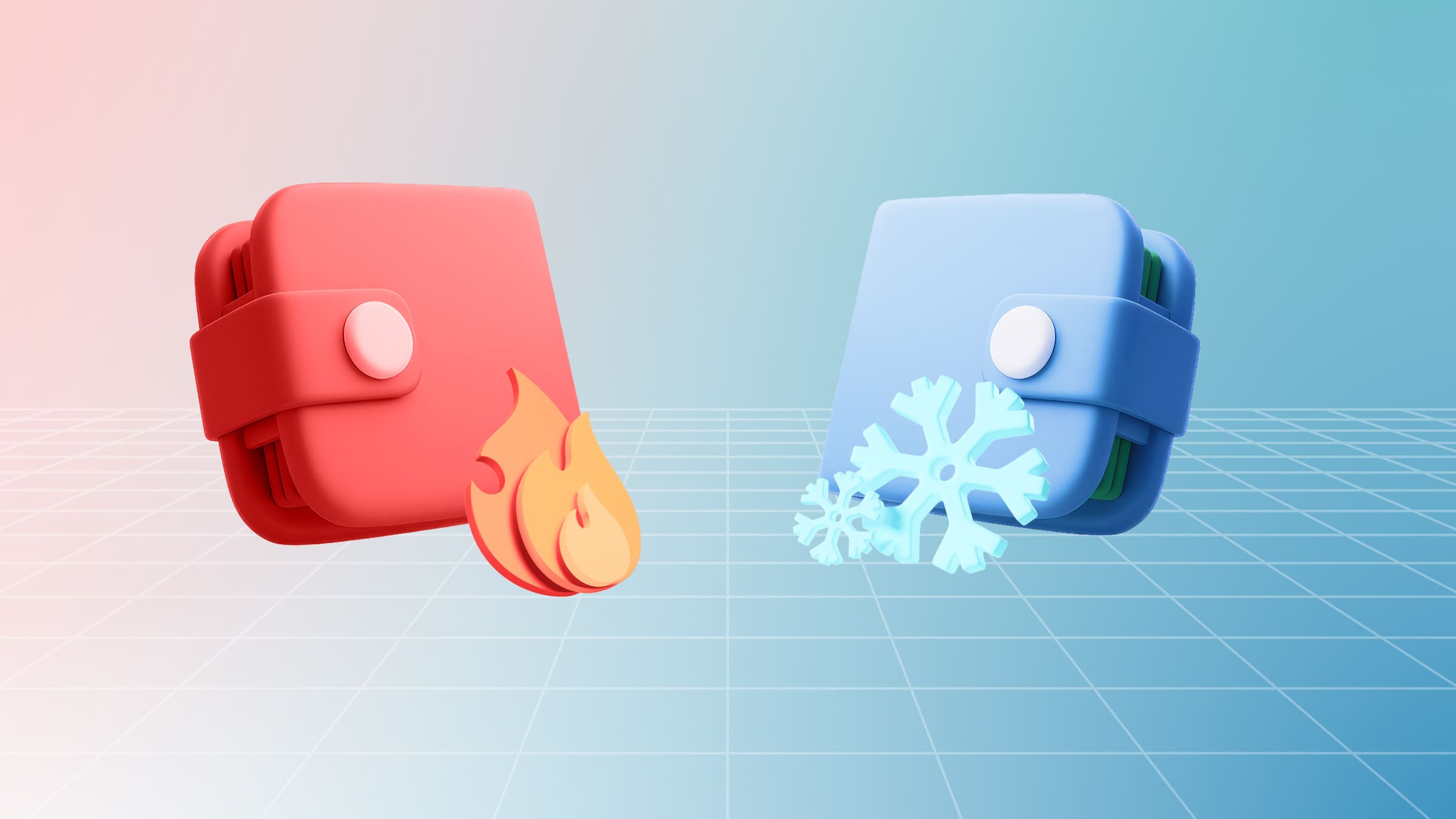
- Type of interaction with the blockchain. «Thick» wallets involve storing the entire blockchain network on the user's device, which takes up a lot of memory but provides more security. «Thin» ones work thanks to access to the network.
- Functionality. There are several additional features that an Ethereum network wallet can have: multi-signature, multi-factor authentication, mixer, key generator (HD), the ability to receive passive income, etc.
Best Ethereum Crypto Wallets
Guarda Wallet
Guarda Wallet is a free non-custodial wallet that supports over 50 major blockchains and over 400 tokens of various protocols. Users can buy and exchange cryptocurrencies, earn from staking, and get a prepaid Visa card to use cryptocurrencies in everyday transactions. Both a mobile and desktop app and an online version are available.
Ledger
Ledger cryptocurrency wallet is a hardware wallet that offers users several models for storing assets. The devices can store 5000+ coins, are compatible with major operating systems and 50+ third-party wallets, and utilize the Secure Element chip for maximum protection of funds.In addition, users have access to the Ledger Live app for asset management, a CL card, and a wallet recovery service in case they lose access.
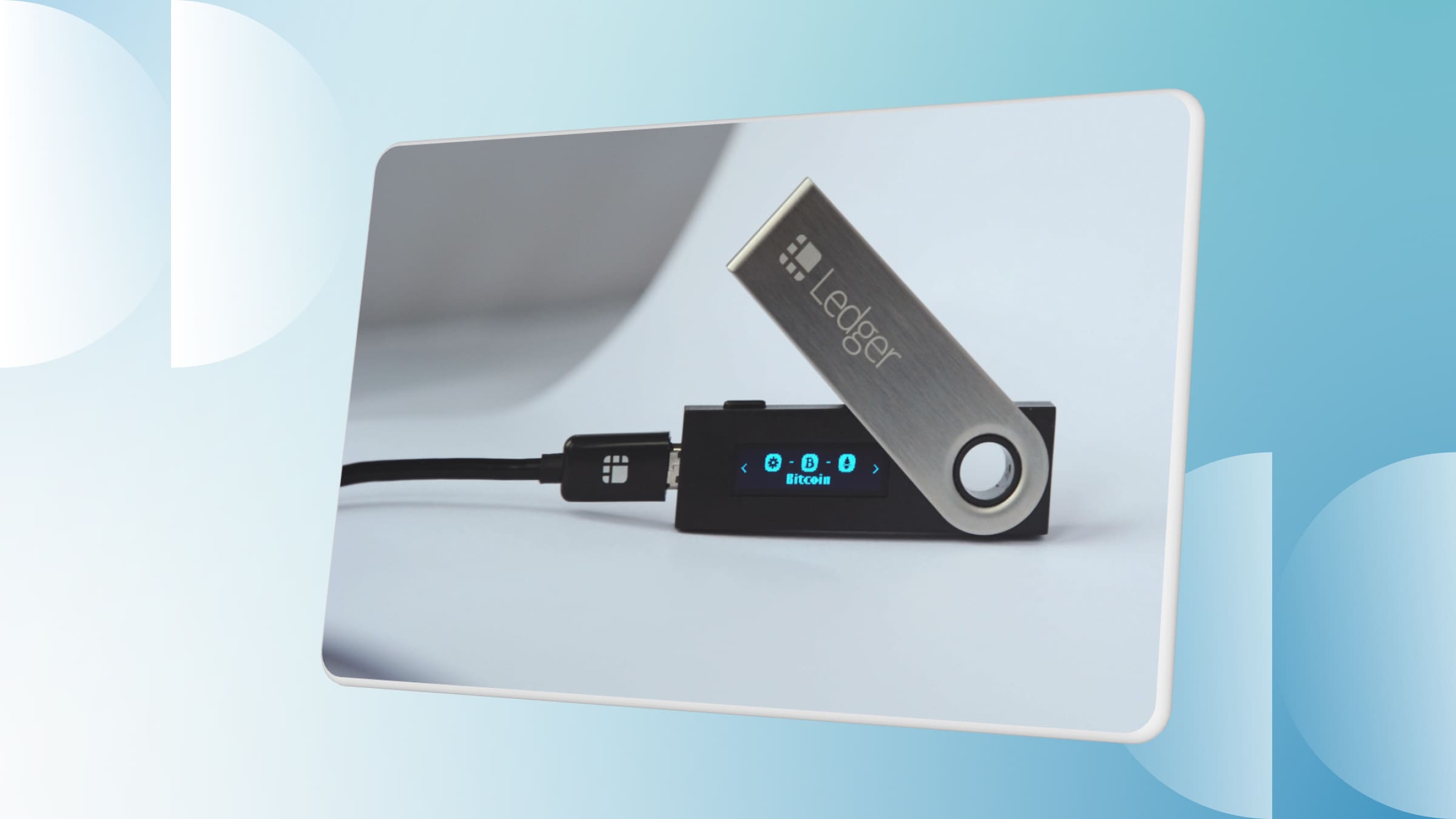
Coinbase Wallet
Coinbase Wallet is a decentralized mobile wallet of the Ethereum network owned by the Coinbase crypto exchange. To use it, an account on the exchange is required. Funds can be managed both through the mobile app and online. The system supports all Ethereum-compatible networks and such coins as Bitcoin, Solana, Dogecoin. In addition, the wallet offers tools for buying and managing NFTs.
Exodus
Exodus is a cryptocurrency wallet with support for 15+ blockchains, including Ethereum, Solana, and BSC. It is available as a desktop and a mobile app as well as a browser extension. It is one of the most beginner-friendly services in our cryptocurrency wallet rating. Among the available features are tools for NFT management, built-in swap, and charts for tracking market conditions. Coins are stored offline on Trezor servers.

MetaMask
MetaMask is one of the most popular Ethereum wallets with over 100 million users. The system supports NFT and all Ethereum tokens, is compatible with decentralized applications and has a user-friendly interface that is suitable for novice users. A mobile app can be used to manage assets. Users can buy and sell cryptocurrency for fiat, steak assets, utilize exchange, as well as view charts and tutorials.
Trust Wallet
Trust Wallet is a proven cryptocurrency wallet powered by the Binance exchange. It exists as a mobile app and a browser extension. Users have access to a large selection of currencies and tokens (more than 10 million) and compatible applications for asset management. The advantages include withdrawing funds to a bank account, notifications with warnings about high-risk transactions, and Smart Swap technology with the ability to choose the most favorable exchange option.
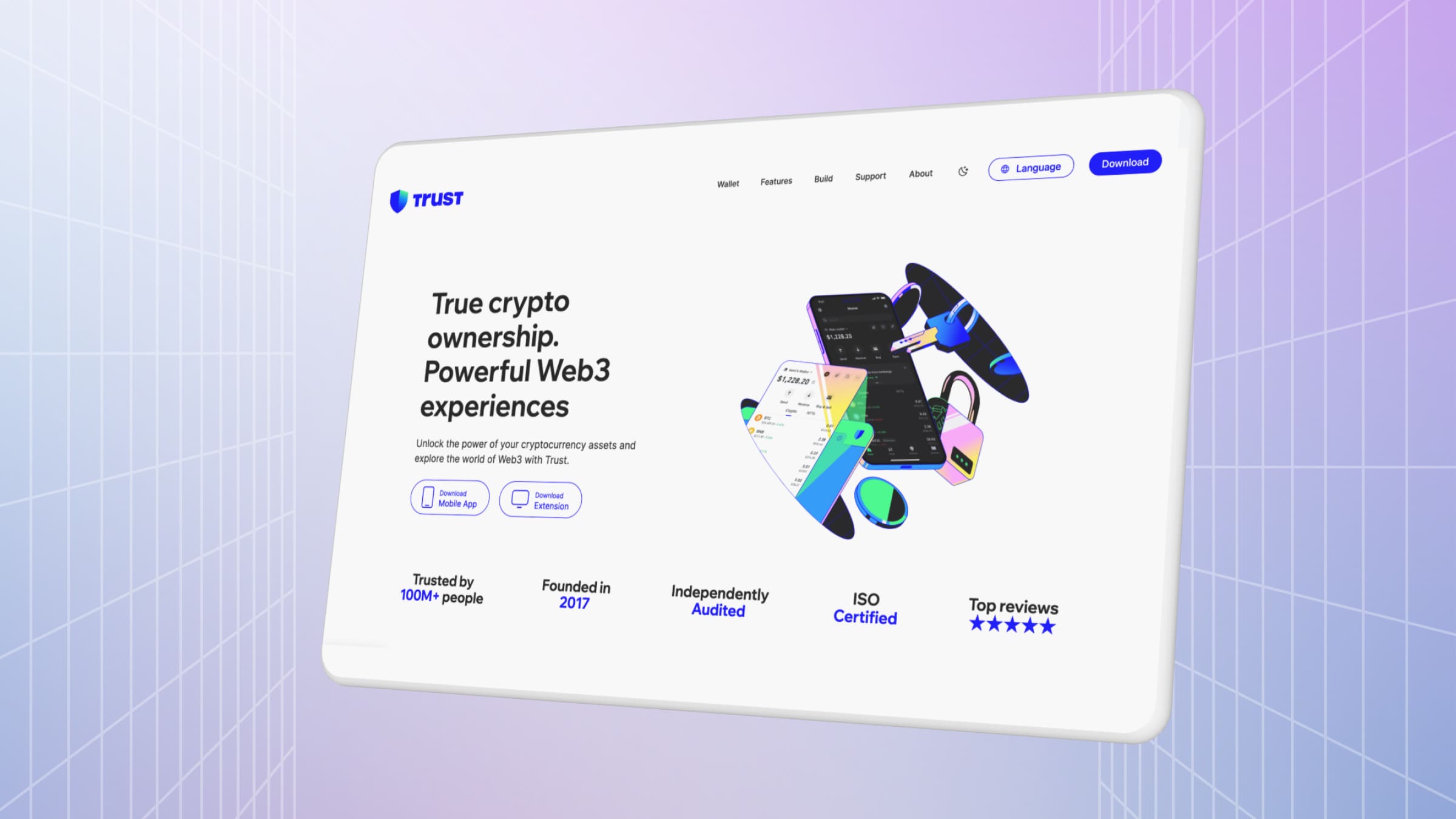
Myetherwallet (MEW)
MEW Wallet is an Ethereum wallet that supports all tokens on the ERC-20 standard. Although the service was originally created exclusively for Ethereum, Binance Smart Chain and Polygon are now also available to users. There are a number of integrations with decentralized applications and hardware wallets, staking and swap, and NFT support. The service is available as a mobile app and a browser-based version.
Trezor
Trezor is rightfully among the top reliable cryptocurrency wallets. The service's main products are hardware wallets available in three variants: the basic Trezor Model One, Trezor Safe 3 with improved protection thanks to Secure Element, and Trezor Model T with anonymizing transactions and a touch screen for easy operation. In addition, the company offers a range of optional accessories, from cables for connectivity to Trezor Keep Metal for easy backup.
We also recommend reading our article «Trezor Hardware Wallets Models and Features Explained».
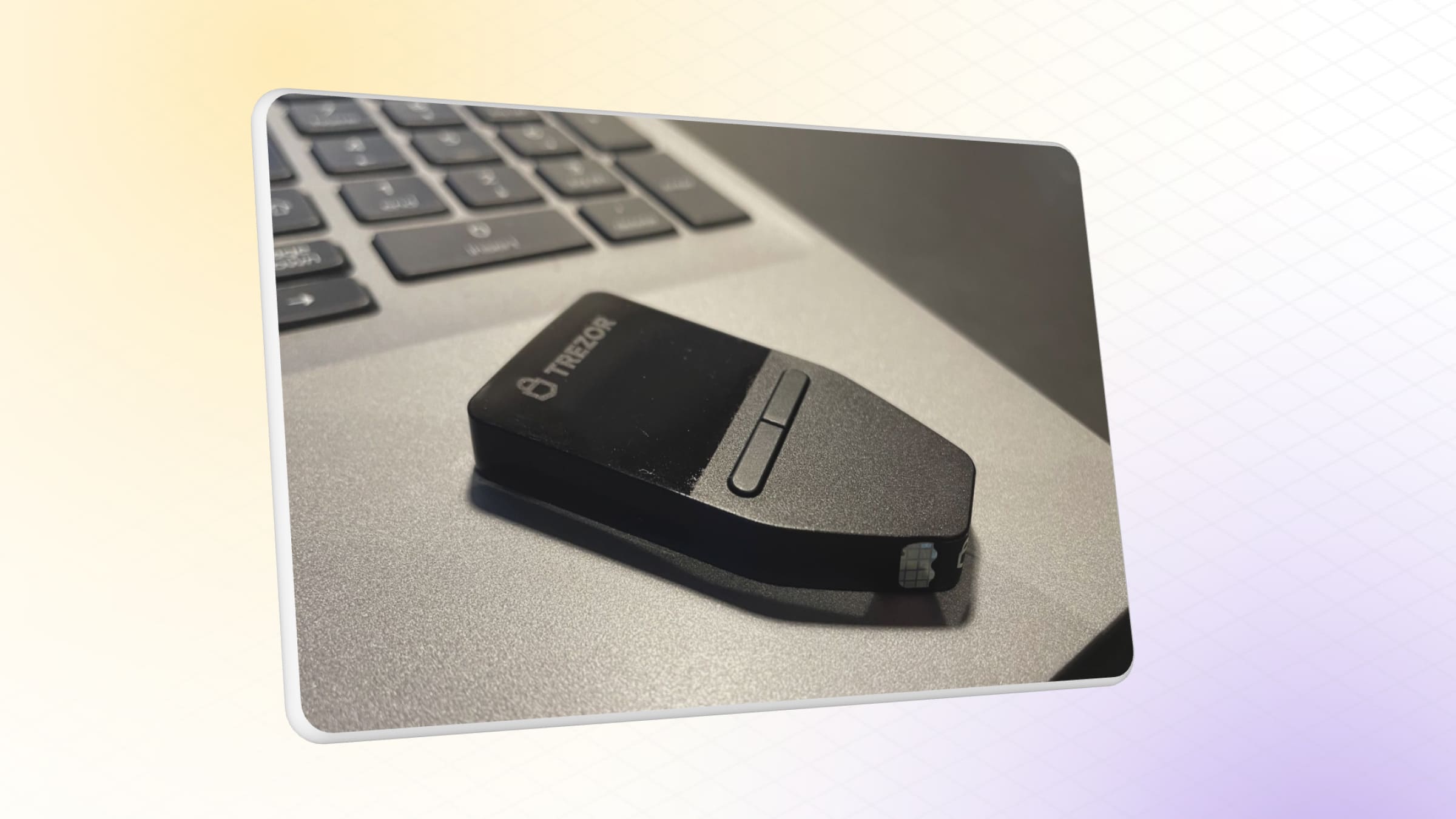
OKX
OKX is an exchange that also allows you to create an Ethereum cryptocurrency wallet and 70+ decentralized networks. The service is available as a mobile app, desktop, and browser version.
NFT support is available, and the exchange has its own marketplace for buying and selling assets. In addition, this is another beginner-friendly system in our rating of cryptocurrency wallets: users can access a number of tutorials, and you can start working with the exchange with $5.
Ethereum Wallets: Selecting the Best Option
Ethereum is one of the most popular cryptocurrencies in the world. Users starting out with Ethereum can open a wallet using a number of different services: mobile, desktop, hardware, and browser versions are available.
To choose the most suitable option, you should take into account the functionality, convenience, security, compatibility with other systems, the features of buying, selling and exchanging cryptocurrencies, and withdrawal methods.
In addition, in many cases, it makes sense to use several wallets at the same time: keep the main funds on a hardware device and make regular transactions through an online service.







